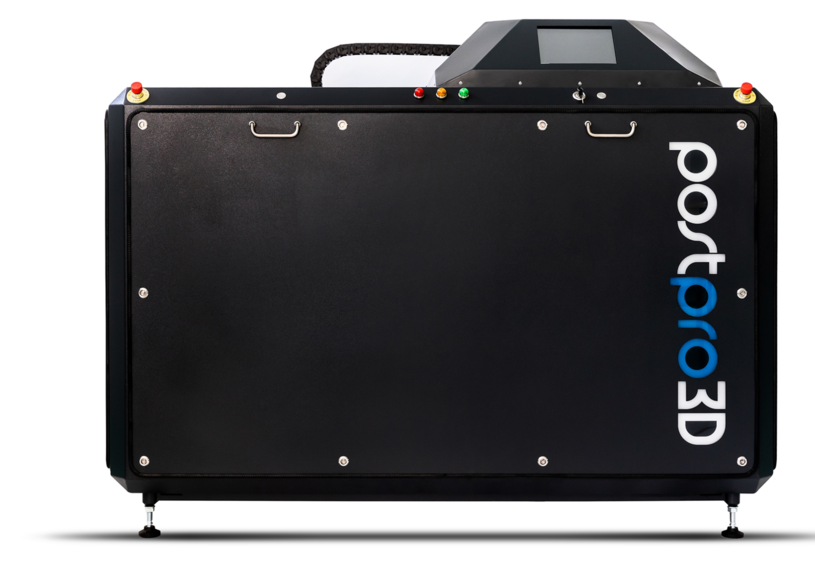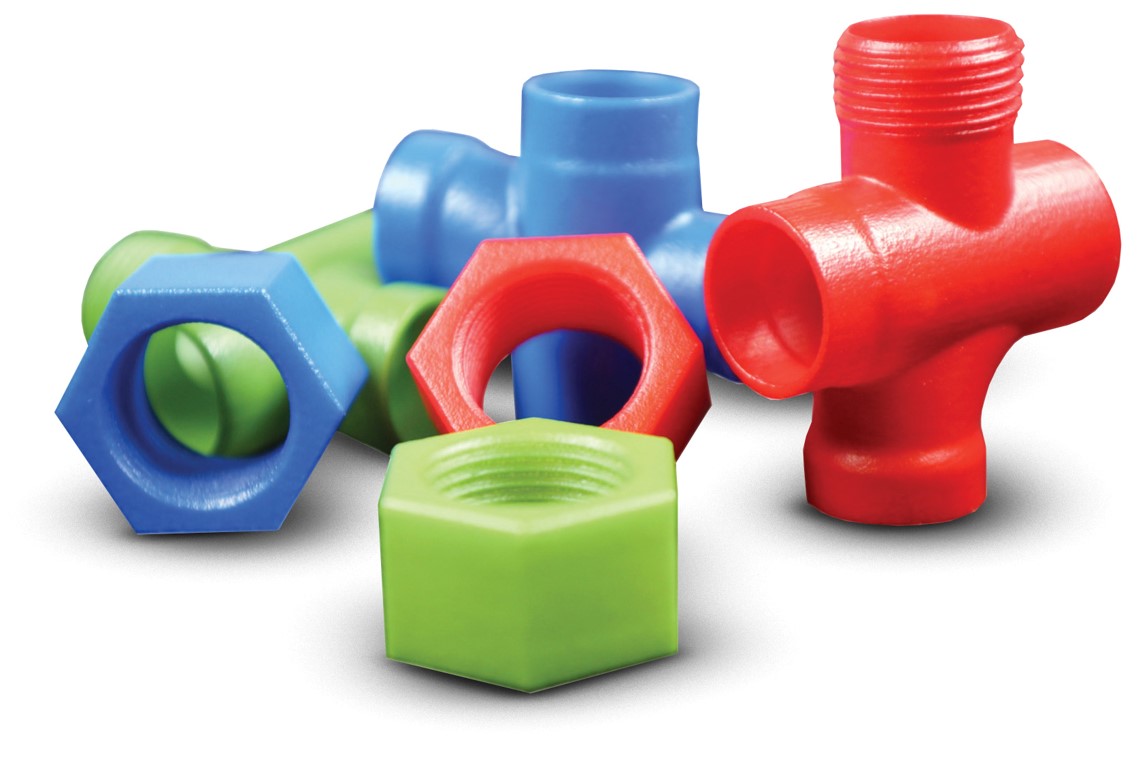Additive Manufacturing Technologies (AMT), an award-winning UK-based post-processing systems manufacturer, is to speed up automated post-processing with the help of Japanese electronics manufacturer Mitsubishi Electric.
Joseph Crabtree, co-founder and CEO of AMT, said, “[…] Mitsubishi are becoming increasingly active in the AM space and AMT feel that they synergies between the two companies can be leveraged to unlock the true potential of AM through automation.”

Automated post-processing
AMT recently expanded its market to Europe and North America. For this reason, the post-processing company needed a system with parts are accredited according to American and European standards. The company’s new partner, Mitsubishi, offers products accredited according to health and safety standard set by the Illinois-based safety organization UL LLC, and European Economic Area standard known as CE marking.
Crabtree explained, “It was important to form a partnership with a globally recognized player and once that could meet all of our worldwide certification requirements from CE to UL. This is very important given the industrial end users that AMT works with.”
Powered by Mitsubishi
AMT’s PostPro3D system is equipped with various components provided by Mitsubishi Electric. These include, power supply, FR-D700 frequency inverter drive, used to control motor speed and torque, and an optional MELFA RV series robotic arm.
With the help of Mitsubishi’s GOT2000 HMI touch screen system, an operator can set finishing parameters and monitor the process using a supervisory control and data acquisition software, also known as SCADA. Furthermore, the machine is connected to the internet via an inbuilt 3G network for cloud updates, automated reordering, and maintenance and diagnostics.
The postprocessing system uses AMT’s proprietary Boundary Layer Automated Smoothing Technology (BLAST), a physiochemical process to smooth thermoplastics, including nylon, ULTEM, TPU, and TPE. It takes between 90-120 minutes to smooth the parts, with a surface finish close to injection molding techniques.
Parts processed with PostPro3D, can be used for medical application as the parts are certified, according to ISO 10993-5, 10993-1 and 10993-12.

Mitsubishi Group and 3D printing
Mitsubishi Group has made several advances in the additive manufacturing market. Last month, Mitsubishi Electric introduced a precision metal 3D printer which uses dot-forming technology.
It was also reported that Mitsubishi Corporation, initiated a $7 million metal 3D printing project in Southern China.
Most recently, the Group also made news in 3D printing materials. Mitsubishi Chemical Corporation acquired a Dutch filament company, MCPP Netherlands.
For more news on 3D printing, subscribe to our 3D printing newsletter, and join us on social media: Facebook and Twitter.
If you are looking for jobs, then look no further than our 3D Printing Jobs.
Featured image shows 3D printed parts post-processed with PostPro3D. Image via AMT

